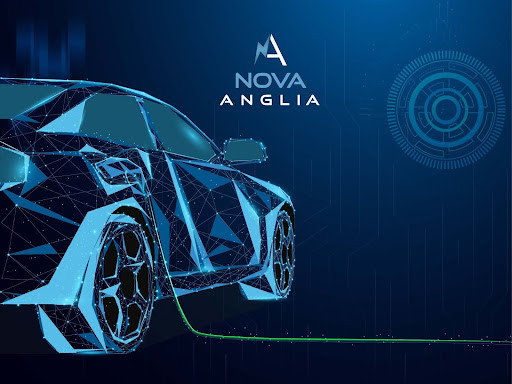Nova Anglia College: Setting the Benchmark for EV Education

The electric vehicle (EV) industry has exploded in recent years, driven by a combination of technological advancements, environmental concerns, and supportive government policies. Analysts expect Global EV sales to reach nearly 1.9 million units by 2024 in the U.S. alone, with a similar 20% rise in Australia as well.
China, Europe, and the U.S. are leading the electric revolution, with China accounting for six out of every 10 EV sales globally. The expansion of EV charging technology and the ever-decreasing electric vehicle costs further fuel market expansion. However, as the industry evolves, the demand for skilled professionals capable of handling EV technology has also grown alongside it.
"Electric vehicles are not just a trend; they are the future of transportation," says Nova Anglia College founder Harpreet Kaur. "The industry needs a technically proficient workforce and understands the theory and concepts behind the vehicles."
The Need for Specialized Education in EV Technology
The rapid spread of the EV market has created a significant skills gap. Traditional automotive engineering programs often do not cover the specific needs of the EV sector, such as battery management, electric propulsion systems, and the integration of advanced electronics. In recent years, industry leaders have noted a pressing need for specialized education programs that can equip students with the skills integral to electric vehicle technology.
Rising to meet this demand, Nova Anglia College offers the world's first Bachelor of Technology in Electric Vehicles. This program is unique because it is a non-engineering degree specifically designed to address EV technology's practical and theoretical aspects. The curriculum includes courses on electric vehicle architecture, battery applications, power electronics, and vehicle sensing and controls.
"The EV industry has specific needs outside the scope of regular automotive education. Our program is geared to meet these needs – no pun intended. Students benefit from hands-on training and theoretical concepts lectures," explains Kaur.
Nova Anglia College: Pioneering EV Education
Nova Anglia College stands out as the only institution in Australia offering a dedicated degree in electric vehicle technology. Its stated goal is to arm graduates with the skills needed to meet the demands of the EV industry, both now and in the future. Boasting state-of-the-art facilities, including modern classrooms, laboratories, and workshops, the program aims to produce technically proficient graduates skilled in practical applications.
Nova Anglia College developed the program's curriculum in tandem with EV industry leaders, certifying that it remains relevant and up-to-date. Industry knowledge, mentorship, and networking opportunities further benefit enrollees, enhancing their employability and providing valuable real-world experience.
"The power of education can transform lives and drive industries. Nova Anglia College was founded to provide students with the skills and knowledge they need to succeed, whether that's in the EV industry or elsewhere," says Kaur.
Meeting the Global Demand for EV Professionals
As the global push for zero-emission vehicles intensifies, skilled EV professionals are in greater need than ever. Governments worldwide implement policies and incentives to promote the adoption of electric vehicles, further driving demand. The International Energy Agency (IEA) predicts that by 2030, EVs could help avoid 700 million tonnes of carbon dioxide equivalent (CO2-eq) emissions annually.
Through a combination of practical training and advanced theoretical education, Nova Anglia College hopes to guide the electric vehicle industry toward a better future. With experts projecting that governments will adopt zero-emission policies, the importance of individuals ready to support this technology cannot be overstated.
"We're not just educating students; we're educating the future workforce of the EV industry. Whatever new developments may come up in the field, we hope our graduates can lean back on what they learned at Nova Anglia," concludes Kaur.
Beyond a burgeoning industry and personal education, EV sector professionals are working toward a better environment. Without necessary experts backing zero-emission vehicles, the devastating effects of climate change will likely continue. Fortunately, Nova Anglia College and similar institutions may avert this grim future.
© Copyright 2025 IBTimes AU. All rights reserved.





















